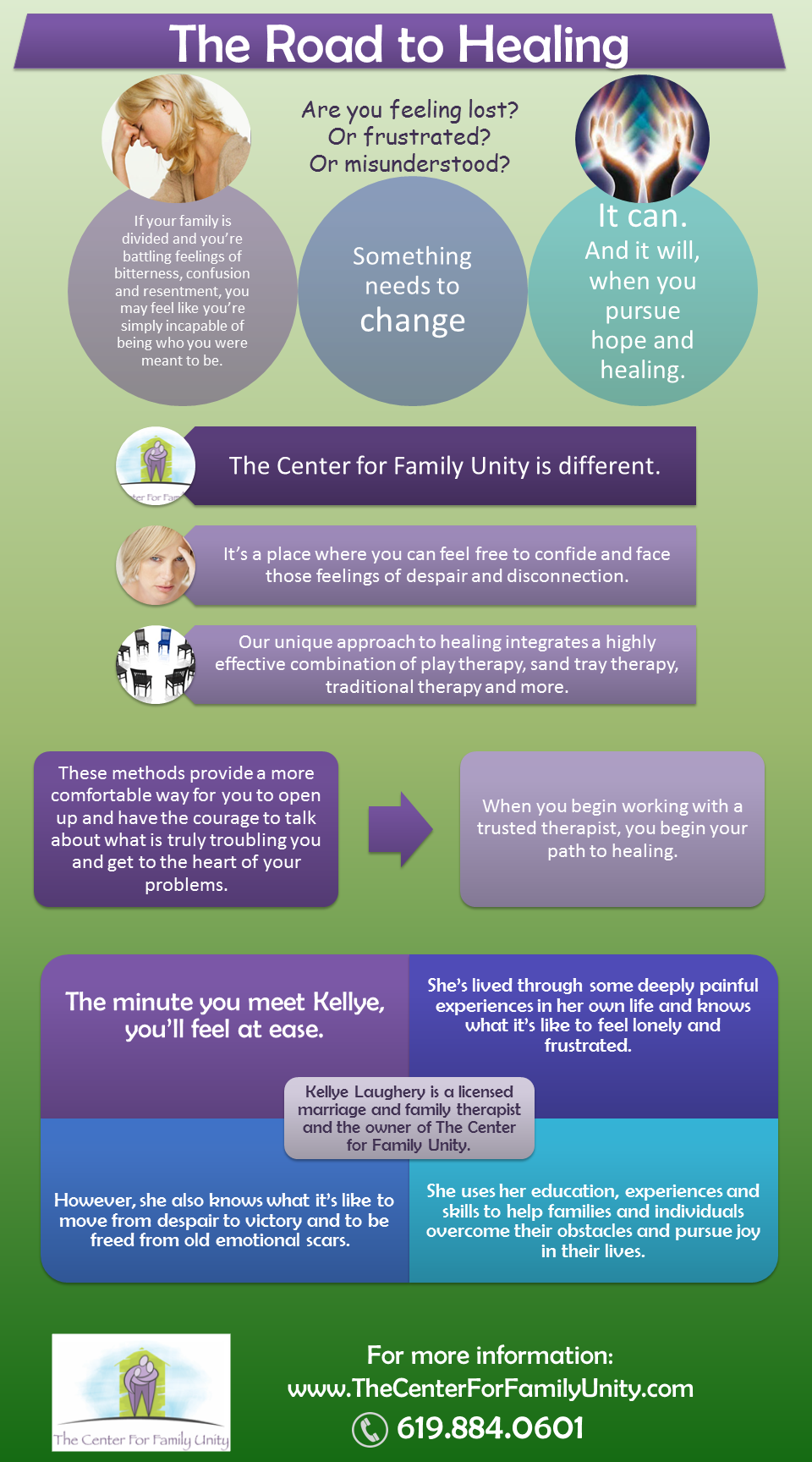Why Therapy? Exploring the Strengths of Seeking Help
Long before therapists, people relied on family for help with their troubles. Parents, siblings and extended family members listened, gave advice and sometimes simply told one another to buck up. If family couldn’t help, friends and clergy members did. Back then, it was generally not culturally appropriate to broadcast troubles and as a result, many people silently suffered.
Times have changed, and so has society’s acceptance of seeking help. The old stigma of being seen as weak or incapable is largely gone thanks to the fact that many celebrities, professional athletes and politicians have publicly shared about their struggles with, and treatments for, everything from depression to chronic shoplifting. Going to a therapist is now seen as a positive step in most people’s lives.
Carl Sherman, author of How to Go to Therapy: Making the Most of Professional Help says, “Therapy is a unique relationship and what makes it valuable sets it apart from friendships, working partnerships, family connections and love affairs.”
In his book, Sherman describes therapy as a balance in which two people are “collaborating on a single project: helping you deal with your problems and achieve the change you want. There is no other agenda.”
It’s the simplicity of that agenda, combined with a structured schedule, confidentiality and trust, that make this unique relationship work so well for so many people. Rather than proof that someone is “sick,” it is a sign of good health to make a commitment to change.
Some people still believe a therapist will make them lie on a couch. While some therapists might have couches in their offices, rest assured, no one is going to force you to lie on it! You choose where to sit. You choose what to say. You choose when to say it. And nowadays, in addition to conventional talk therapy, there are an incredible number of ways to explore your feelings including art therapy, music therapy, somatic therapy—even laughter therapy—just to name a few. For every kind of problem, and every kind of person, there is a therapeutic healing modality that fits.
A therapeutic relationship offers robust benefits, including:
1. Safety. If the relationship is right, you can feel safe to reveal your fears, dreams and fantasies without fear of repercussions or judgment on the part of the therapist. Unlike telling a friend or family member, your words to a therapist won’t come back to haunt you.
2. Confidentiality. The therapist is bound by ethics and law (except in a few well-defined cases) not to reveal what you have said during sessions. This adds to the feeling of safety and trust, and aids in people making changes.
3. Learning. Therapy can be seen as a deeply educational experience, in which a therapist acts like a coach or teacher to help the client see the world—inner and outer—in new and positive ways.
Unlike a life coach, a psychotherapist is professionally trained to help you explore and heal from the pain of your past and guide you through the process of making positive changes that impact your future. If you’re struggling, we invite you to explore the benefits therapy can offer you. For more information contact The Center For Family Unity at 619.884.0601.










